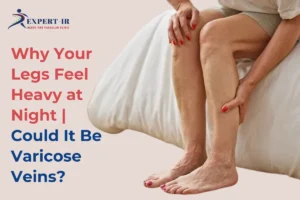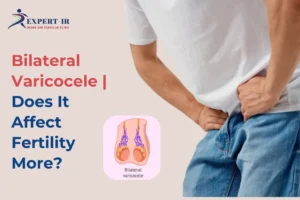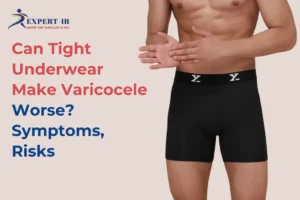The relationship between varicose veins and cancer may not always be direct, but it’s far from insignificant. Poor vascular health can undermine cancer treatments, increase complications, and lead to life-threatening conditions like DVT and pulmonary embolism. Whether you’re a cancer survivor or currently undergoing treatment, managing your venous health should be a top priority.
Understanding the risks and recognizing the symptoms early can make all the difference. With the expert guidance of Dr. Santosh Patil in Pune, patients can achieve safer cancer care, faster healing, and improved long-term wellness. If you have any query you can call Us anytime.




